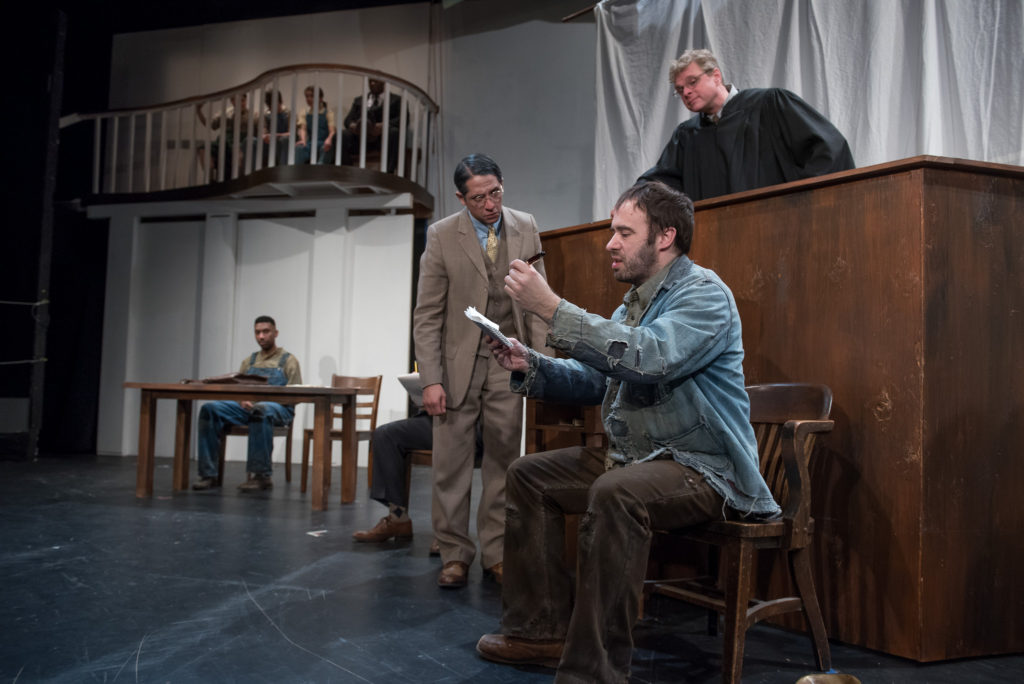
Dramaturg Julie Coppens addresses the use of the “n-word” in the stage adaptation of TO KILL A MOCKINGBIRD.
The “n-word” appears dozens of times in the novel “To Kill a Mockingbird,” and so it is spoken by many of the play’s characters here— even children. This usage accurately reflects the play’s American setting during the 1930s, dramatizing divisions of race and class.
Originally a variant spelling and pronunciation of “Negro,” the “n-word” was in common use on both sides of the Atlantic for many years. Blacks and abolitionists began to object to the term as a racial slur by the early 19th century, and by the mid-20th, it was considered deeply offensive; this is one reason (along with other profanities and the rape trial) Harper Lee’s book has been banned by many schools and communities around the country. More recently, casual use of variants among younger African Americans has become a pop-culture norm, but not to everyone’s comfort.
We address the N word more fully in our Play Guide for educators and students, and we welcome audiences to explore their own reactions to all the play’s language with one another and in post-performance talks with the cast.
TO KILL A MOCKINGBIRD runs through April 15 in Juneau, and it runs April 27-May 7 in Anchorage.
